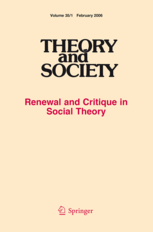Money in the Bank: Progressive Problem Shifts in Criminological Science
Money in the Bank: Progressive Problem Shifts in Criminological Science
- Jonathan Brauer, Jacob C. Day
- Publication Date
2025 - Website
- View Publication Details
Criminology struggles to achieve progressive problem shifts, or cumulative theoretical development common in fields like physics and biology. This stems from a precision crisis characterized by a tendency to accept imprecise descriptions, vague theoretical predictions, and analytical practices that obscure data. Drawing on Meehl’s framework for assessing scientific progress in psychology, we argue criminological knowledge risks resembling “Monopoly money in the bank” rather than genuine scientific currency. We propose fundamental shifts: prioritizing precise description of concrete phenomena, subjecting theories to severe tests of risky predictions about explanatory mechanisms, generating more high-resolution data, and developing formal computational models of theories. While academic incentives are a significant barrier, we also explore arguments that these incentives may reflect deeper disciplinary orientations that favor broader narratives over precise, falsifiable knowledge. The path toward cumulative theoretical development in criminology involves developing approaches that precisely capture complexity while yielding falsifiable knowledge, rather than accepting lower standards.
 The College of Arts
The College of Arts